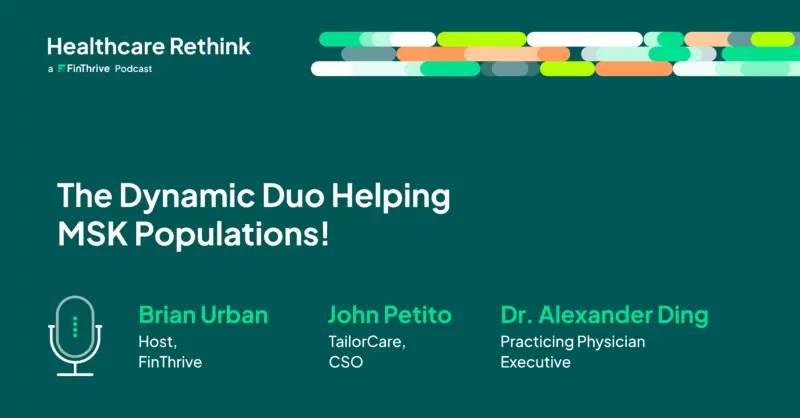Live from ACCC
At the recent ACCC Business Summit, Carevive made a significant impression with their session on engaging patients and evaluating clinical cancer programs. Rebekkah Schear and Robin Richardson from UT Austin Dell Medical School Cancer Institute shared their takeaways and the positive reception they received during and after the session.
Engaging Patients and Evaluating Clinical Cancer Programs:
Carevive’s methods of engaging patients and educating them on important aspects of their care resonated with the audience. The session highlighted the need for comprehensive evaluation of clinical cancer programs, going beyond traditional metrics like survival and ED visits. Attendees were eager to learn more about measuring quality of life, patient experience, and provider experience. Carevive’s chart abstraction tool emerged as a valuable resource for capturing and analyzing data.
Interest in Data Sources and Tools:
Attendees were particularly interested in the sources of data used in evaluations and the tools employed to capture it. Carevive’s emphasis on data-driven process improvement and better outcomes struck a chord with the audience. Many expressed curiosity about the tools Carevive developed and their effectiveness.



